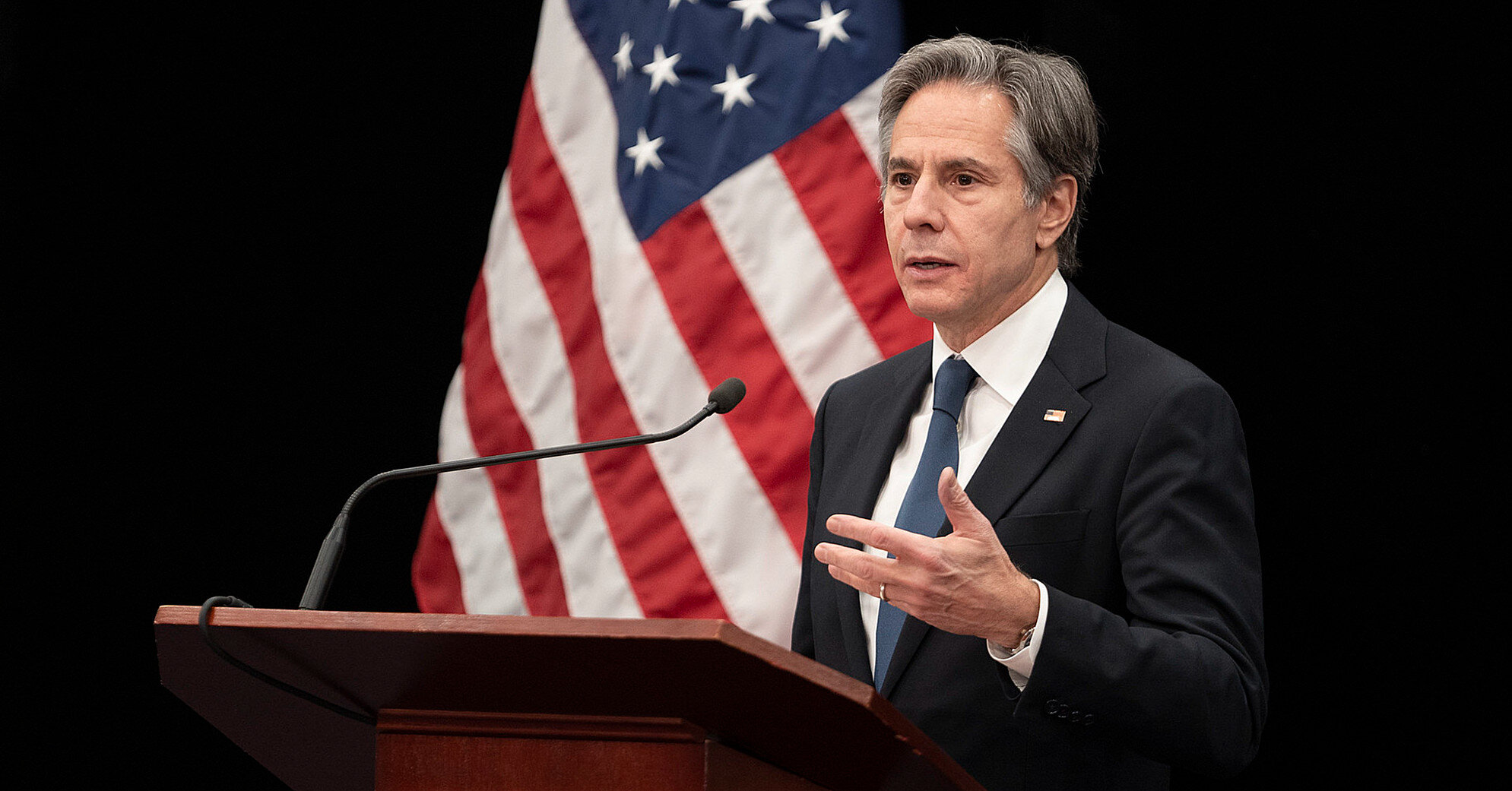The U.S. Secretary of State Antony J. Blinken, delivered a speech during UN the Summit of the Future.
As the press handout from the State Department notices, he, in particular, said:
At this summit, Secretary-General Guterres and many world leaders have argued powerfully that to fulfill the crucial purpose of the United Nations, we urgently need support, reform, and revitalization. The United States fully agrees.
That’s why we joined fellow member states in shaping and committing to a broad range of priorities in the Pact for the Future; forging the Digital Global Compact; signing on to the Declaration on Future Generations; enabling the United Nations and international institutions to better respond to shocks like pandemics and natural disasters, made more severe by frequent – by the climate crisis; addressing growing and diverse threats to international peace and security on land, the sea, the air, in outer space, and in cyberspace; ensuring that universal human rights are respected equally online and offline; empowering women and girls across the UN’s efforts; reforming the UN Security Council to better represent the developing world and, more broadly, the world as it is today.
The United States believes that this should include two permanent seats for Africa, one rotating seat for Small Island Developing States, permanent representation for Latin America and the Caribbean, in addition to the permanent seats for countries we’ve long endorsed: Germany, Japan, India. The United States supports starting negotiations on council reforms immediately.
The Pact for the Future does not include every priority, every reform that we believe the UN needs, but it is a significant step toward strengthening and evolving this institution that every member-state should get behind and work to achieve.
We’re also pursuing reforms in other international institutions – as well as in our own country – that advance the bold goals and the aspirations of many member-states, particularly those we’ve heard directly from developing countries.
We strongly supported the African Union joining the G20 so that African voices are better represented in that group. We’re leading efforts to strengthen the ability of multilateral development banks to deliver on the Sustainable Development Goals. We’re making the biggest investments of any country ever to accelerate the transition to clean energy at home, while dedicating billions to help people in developing countries adapt to and manage the impacts of the climate crisis. And as the world’s leading humanitarian donor, we are forging new partnerships across public and private sectors to meet what are unprecedented needs around the world.
These are important steps, but more must be done, because simply preserving the status quo is not an option. The United States is committed to adapting the UN system to reflect this world of today and tomorrow, not the one that existed in 1945.
But we are and we will remain resolutely opposed to revisionism. We will not accept efforts to tear down, dilute, or fundamentally alter the core principles of the UN Charter – sovereignty, territorial integrity, independence. We will continue to affirm that no member-state has the right to redraw borders by force or repress their own people. We’ll continue to oppose the idea that nations can assert spheres of influence or dictate who other countries ally or partner with. We will push back fiercely against attempts to undermine the Universal Declaration of Human Rights and related international human rights treaties.
It’s one thing to revitalize, to reform, to adapt the organization to meet the challenges of the future. It’s quite another to try to change its core purpose and principles that are essential to avoiding repeating horrors of the past. In this Pact for the Future, reform has pride of place; revisionism should have no place at all. At a time of great testing for the multilateral system, that’s an accomplishment we can – and we must – build on in the years to come.
The United States is committed to this collective effort. We know that we’re stronger, we’re better off, we’re more effective when we’re all working together in common purpose. This is what the world needs in this moment, and it needs a strong multilateral system if it is going to meet the goals and aspirations of the people that we all represent.

